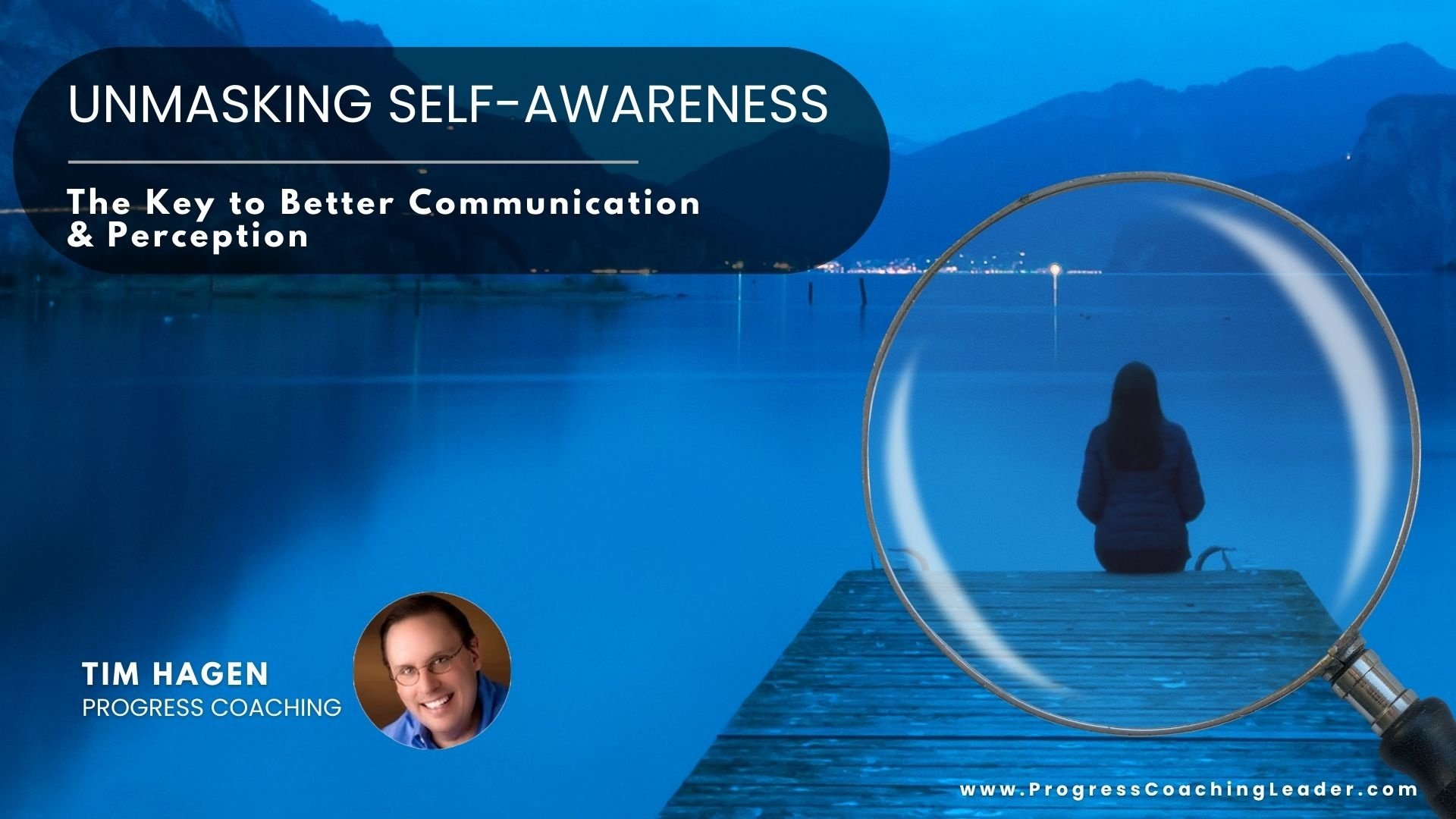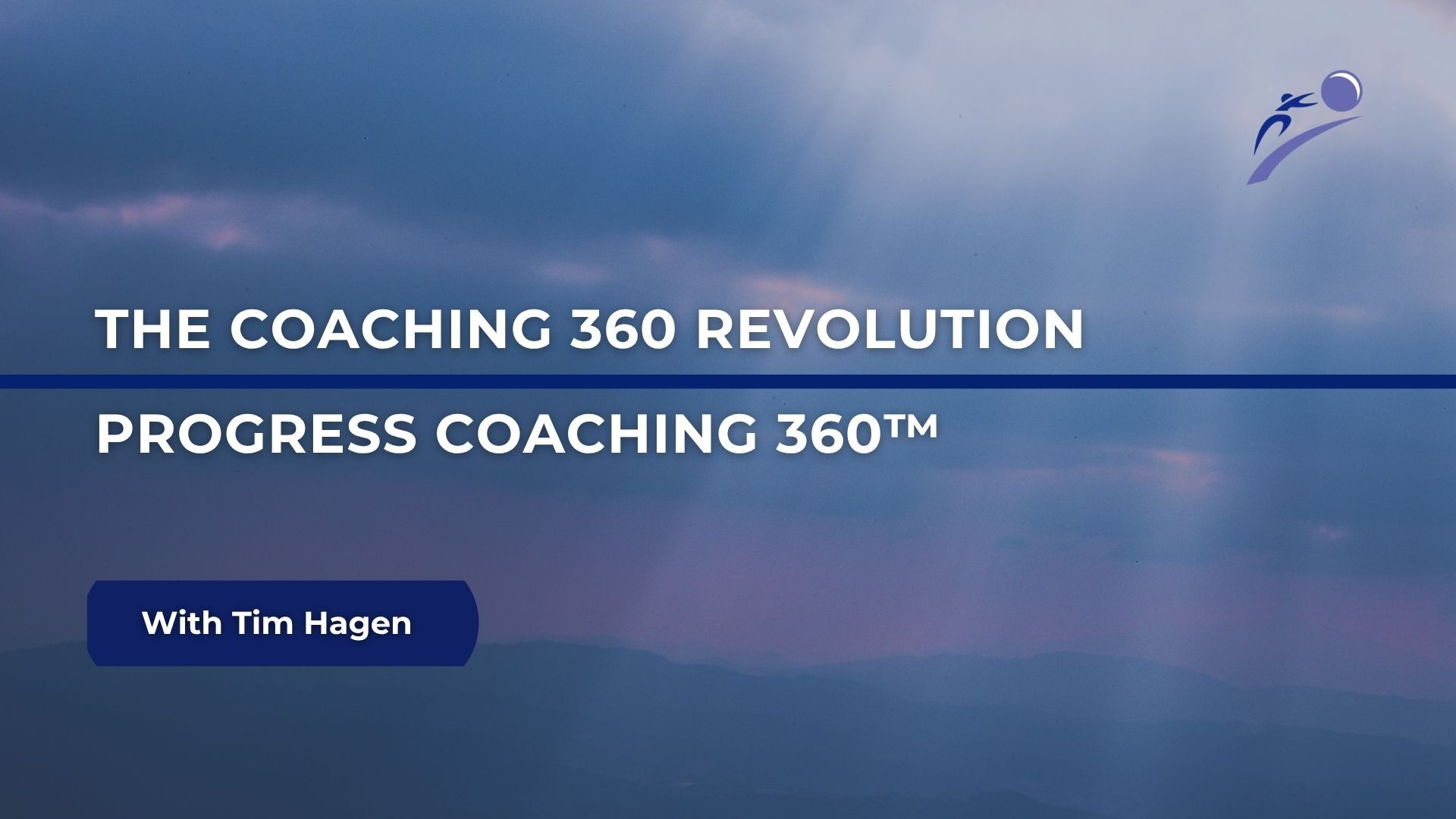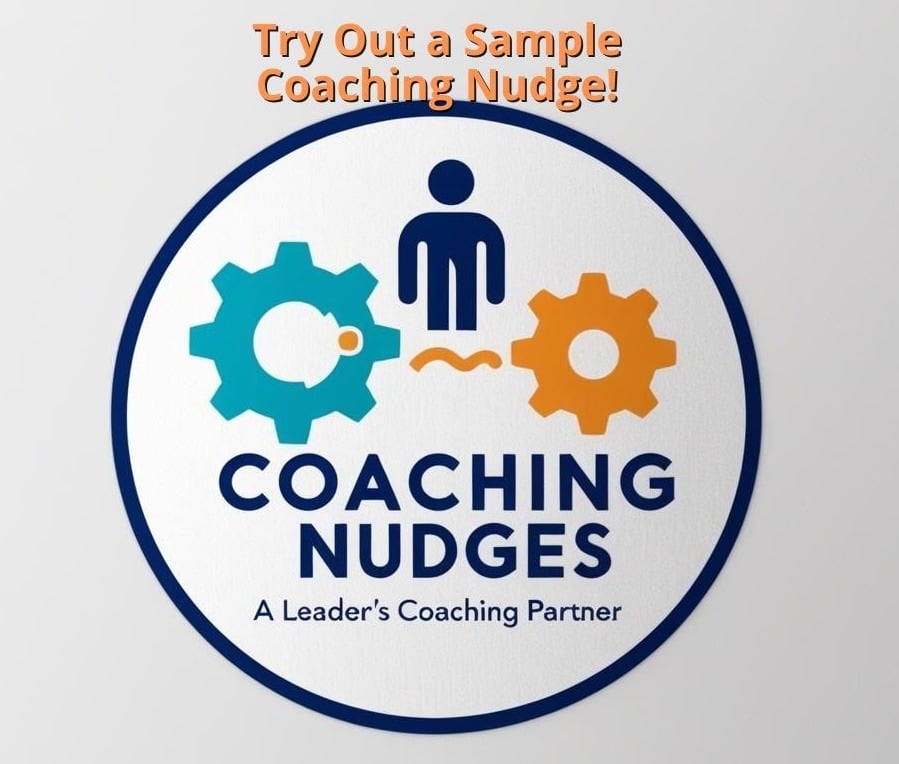Ready to challenge your self-perceptions? Prepare to have your understanding of self-awareness turned upside down as we uncover the truth that only a mere 10% of us are genuinely self-aware, despite a staggering 95% of people believing they are.
We uncover the truth behind embellished narratives and emotional interpretations, with a focus on how these distortions can lead to missed opportunities, as highlighted by a job interview scenario that took a wrong turn due to a lack of self-awareness.
Let's delve deeper into the nuances of communication and the pivotal role self-awareness plays in shaping our conversations. We shed light on the power of the right word choice and the manner of approach, with a compelling real-life example of a parent upset over their son's benching in a basketball game. Additionally, we tackle a prevalent challenge in the training realm - attendees losing focus.
Buckle up for a stimulating discussion that could revolutionize your perception and self-awareness.
SELF-AWARENESS: The Key to Better Communication & Perception
Self-awareness is a person's ability to truly look in the mirror and really be honest with themselves.
I'm preparing for a workshop today, actually teaching the merits of how to coach to self-awareness. By its true definition, self-awareness is the ability to recognize and understand your own moods, emotional reactions and drives, as well as those attributes of other people. Think about that for a second...
When was the last time you had an employee come into your office and say, "You know what, last week I was pretty moody; sorry. I was undermining and talking about your poor leadership." You're probably laughing as you hear that. It sounds crazy, right?
In Tasha Eurich's book, Insight, she talks about her study where in her survey, she asked people if they thought of themselves as highly self-aware. 95% said yes. After she tested them, she discovered only 10% actually were.
Think about that. 85% of people, 8.5 out of 10 people, are absolutely fooling themselves.

Think about training. How often do trainers lead workshops, and people don't pay attention or claim it was information they already knew? Or they're playing online solitaire in the back of the room or working through emails? Lack of attention.
Roughly half of salespeople hit their numbers. But I guarantee you'll never hear a sales number go down, and a sales rep's reaction is, "My numbers went down due to my poor performance. I asked too many close-ended questions. I don't actively listen. I don't know how to negotiate, or I can't handle objections." Most of the time, you'll hear excuses. "The economy went south, or the marketing department didn't do its job." That's a demonstration of a lack of self-awareness.
We all struggle with self-awareness. We've all demonstrated a lack of self-awareness at some point. But why do we lack self-awareness?
Think about a person who goes home and talks to his/her spouse, and they ask how was his or her day? Does this exchange sound familiar:
"I had a tough day. My boss called me into his office and was just all over me with this or that..."
What do we do? We emotionally interpret, and then we embellish. When we embellish, what does our significant other or family member typically do? They don't challenge that person and get them to consider other perspectives. "Wait, your boss seems like a good guy, but you can be kind of a jerk sometimes." We don't do that. It's not a safe place, is it?
What happens is we embellish, we emotionally interpret, and we give a narrative. Guess what happens with that narrative? It becomes other people's reality of that perspective. It becomes their perspective. Then what does the spouse say? "Well, geez, maybe you shouldn't work there anymore." Yet the spouse wasn't there. They have no clue. We are not accurate, especially when there are emotions involved.
When we have an emotional interaction or situation, very few of us are accurate. We use emotions to interpret, and we embellish.
I'll never forget the time I overheard a woman whom I was personally coaching, and she wasn't offered a job she really wanted. After the interview, she said to three people in the cafeteria, "This guy just attacked me. He was such a jerk, and didn't give me a chance at the job."
I was standing behind her, and the three ladies saw me there and kind of dissipated. She turned around and said, "I didn't know you were there."
I asked, "He attacked you?" When I hear the word attack, I think of physicality, yelling, screaming, and hitting. I asked what he did that specifically attacked her.
She replied, "Well, I just felt..."
I said stop. "I didn't ask how you felt. What did he do to attack you?"
"Well, I'm trying to answer. I just felt..."
"I didn't ask how you felt. I'm asking you to depict specifically what his actions were because it's a heck of an accusation you made. He's got you in a headlock, he slapped you, he punched you, he pushed you, he yelled at you in your interview for a job."
"Well, no, I just felt like I really hoped to get the job."
"So, you're just disappointed?" She said yes.
"I appreciate how you feel. What did he do?"
"Nothing really."
"But you just told three people he attacked you. Guess what's going to happen? Those three people are going to tell four people. They're going to talk about that guy in very unfavorable terms, and what will happen next? There will be 12 different narratives out there, versions and embellishments that are going to come back to you. Now, do you think he'll ever interview you for the next promotion?"
To her credit, she went back to the guy and came clean. She admitted to him she wasn't qualified for the office job. Her work history was on a shop floor at a manufacturing plant. She had no office skills. She was lucky to get an interview. That's her reality.
So, the toughest thing we all go through is self-honesty.
By the way, you didn't get the job because someone was more qualified. You didn't hit your numbers because you didn't perform. Your customer service metrics weren't as high as they could be because maybe you grew lazy. It's tough to hear the truth.
For 30 years, on and off, I coached boys' volleyball. Do you know what our biggest pain was? The parents. Parents will come charging hard onto the court, fuming. One mother in particular said to me, "I'm really upset. My son's not playing. He just sits there, and he never gets off the bench."
I told her I'd love to tell her why. But first, I asked her why she thought he wasn't playing. She claimed she didn't have any clue.
"Do you mind if I share something else with you?" I replied. "He knows why he's not playing. Your son told us he's fine not playing." I asked her to take a deep breath to be able to hear something. "I'm going to ask you a question. I think I know the answer, and I think you know the answer, too." I calmed my voice and slowed down a little. "Is this about you or your son?"
She wouldn't answer.
I finally said, "When you see him on the bench, what do you see?"
"Well, he's jumping around. He's high-fiving guys, he's yelling..."
"That's why your kid's on the team. He's not on the team because of his ability. If you want me to give you a laundry list of what that is, I'm fine doing that, but I don't want to degrade a kid. The value of our program and our team has nothing to do with his athletic talent. It has everything to do with what you just illustrated."
When we're emotionally driven, we lose control of reality, we embellish, and we emotionally interpret. When we don't get a job, when we don't get the pay raise, we don't calmly think I know they're not gonna pay me more money, but good for them for sticking to their plans. We don't typically do that, do we? We embellish, we emotionally interpret, and we give a narrative of other people.
Self-awareness has to be practiced.
The way you drive someone's self-awareness is to ask them questions.
When that mom came charging down about her kid's lack of playing time, I asked her what her understanding was of why her son wasn't playing. She couldn't answer it. That diffused her argument. The second thing I asked was if she was aware that he knew why he wasn't playing. When she heard, her facial expression went from anger to bewilderment. What did she illustrate? She'd never talked to her son. This was about her, and it's tough to watch your kids sit there.
We have to ask questions to practice self-awareness. Insert the word, honestly.
"John, honestly, your numbers are at 92%. What can you do to improve, and what could I do to assist you?"
A different approach would be with anger: "John. Why are your numbers so low?"
The way we approach, the way we coach, and the language we use matters.
Ask questions, practice self-awareness, and you will see a dramatic difference in your people and yourself.
Here are more resources for coaching to greater self-awareness.
If you are looking for a way to strengthen your organization, ask about our Coaching Champion Certification program, where we take everyday employees and use everyday conversations to strengthen the organization's culture. Coaching Champions inspire and motivate others and professionally challenge those who struggle with positivity.
Get More info Here: click here





